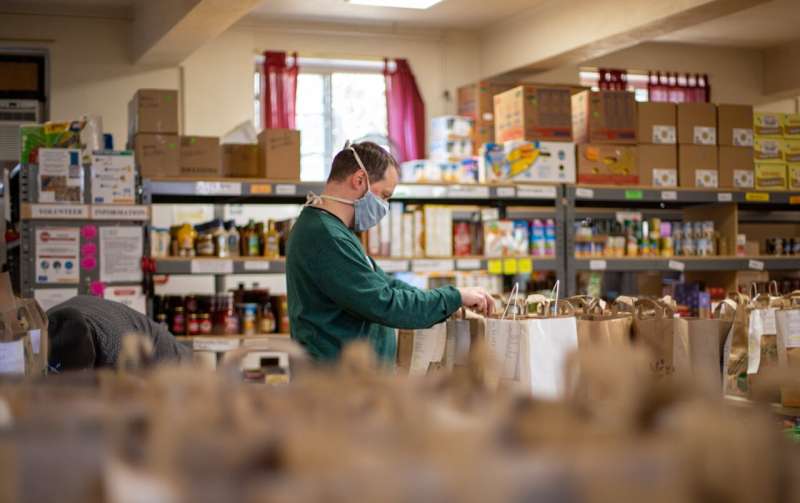Food Insecurity and Increased Mortality Risk in Cancer Survivors

Recent research reveals that food insecurity among cancer survivors leads to a 28% higher risk of death. Addressing nutritional access is vital for improving long-term health outcomes in this vulnerable population.
Lack of access to nutritious food poses a significant threat to cancer survivors, impacting their long-term health outcomes. Recent research indicates that individuals experiencing food insecurity face a 28% higher risk of death compared to those with reliable access to healthy food. The study, published in JAMA Health Forum, analyzed data from over 5,000 respondents through a nationwide health survey conducted by the US government.
Researchers from the University of Pennsylvania's Perelman School of Medicine reviewed survey responses from adults aged 40 and older who had been diagnosed with cancer. They found that about 10.3% of these respondents reported experiencing food insecurity. This group showed a higher overall mortality rate—meaning they were more likely to die from any cause—throughout the follow-up period. Even after adjusting for factors like age, sex, smoking status, and existing health conditions, food-insecure survivors still faced a 28% increased risk of death.
The study also pointed out that cancer survivors who did not participate in government food assistance programs and faced food insecurity had a 42% increased risk of both all-cause and cancer-specific mortality. These findings highlight the importance of addressing food insecurity as a modifiable social determinant of health in the context of cancer care.
"Food matters in cancer care and outcomes," said senior author Dr. Jaya Aysola. "Simple, integrated solutions that improve access to nutritious food could significantly prolong the lives of cancer survivors."
Food insecurity affects roughly 40 million Americans and is associated with higher risks of chronic illnesses such as heart disease, diabetes, hypertension, kidney disease, and colorectal cancer. The study utilized data from the CDC's National Health Interview Surveys (2011–2012) and the U.S. National Death Index through 2019.
Dr. John Lin, the study’s first author, emphasized that screening for food insecurity in clinical settings, expanding eligibility for food assistance programs, and guiding patients towards resources could help mitigate this risk. Overall, the research underscores the critical need to consider socioeconomic factors like food security in efforts to improve cancer survival outcomes.
Stay Updated with Mia's Feed
Get the latest health & wellness insights delivered straight to your inbox.
Related Articles
The Hidden Role of Cultural Biases in Visuomotor Learning and Adaptation
Recent research reveals that cultural cognitive biases influence how individuals adapt their movements based on visual cues, impacting assessments in rehabilitation, sports, and education. Understanding these biases can lead to more accurate and culturally sensitive approaches to motor learning.
Large International Study Finds Spironolactone Ineffective in Reducing Cardiovascular Risk in Dialysis Patients
A large international trial finds that spironolactone does not lower cardiovascular risks in dialysis patients and increases the risk of serious hyperkalemia, emphasizing the need for safe treatments.
Understanding How Breast Tissue Density Influences Breast Cancer Risk
Breast tissue density significantly impacts breast cancer risk and detection. Women with dense breasts face higher risks and challenges in early diagnosis, emphasizing the importance of awareness and personalized screening.
Enhancing Concussion Care in Community Sports: A Call for Better Return-to-Play Protocols
Researchers highlight the need for improved concussion management and return-to-play protocols in community sports to protect long-term brain health of amateur athletes.



